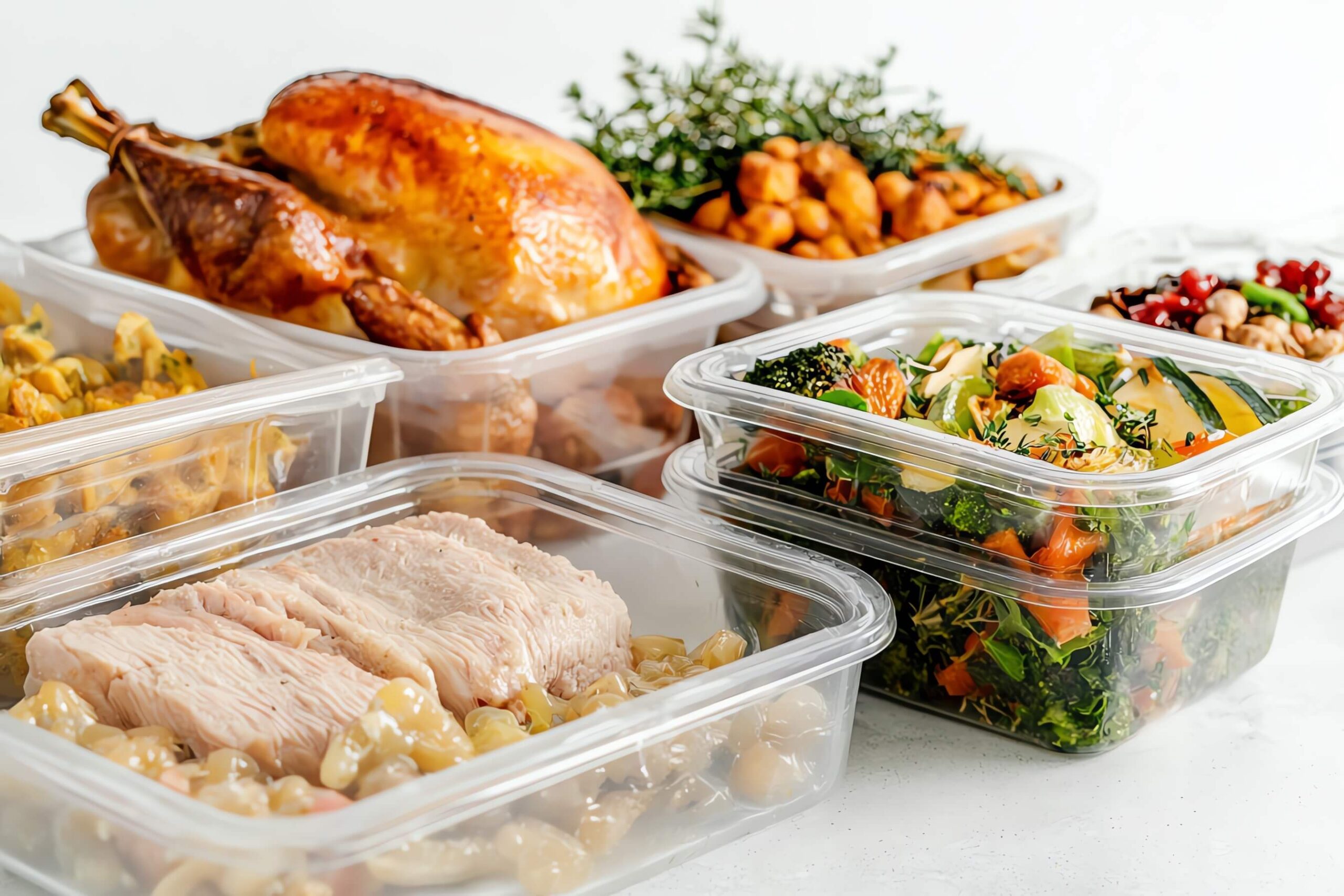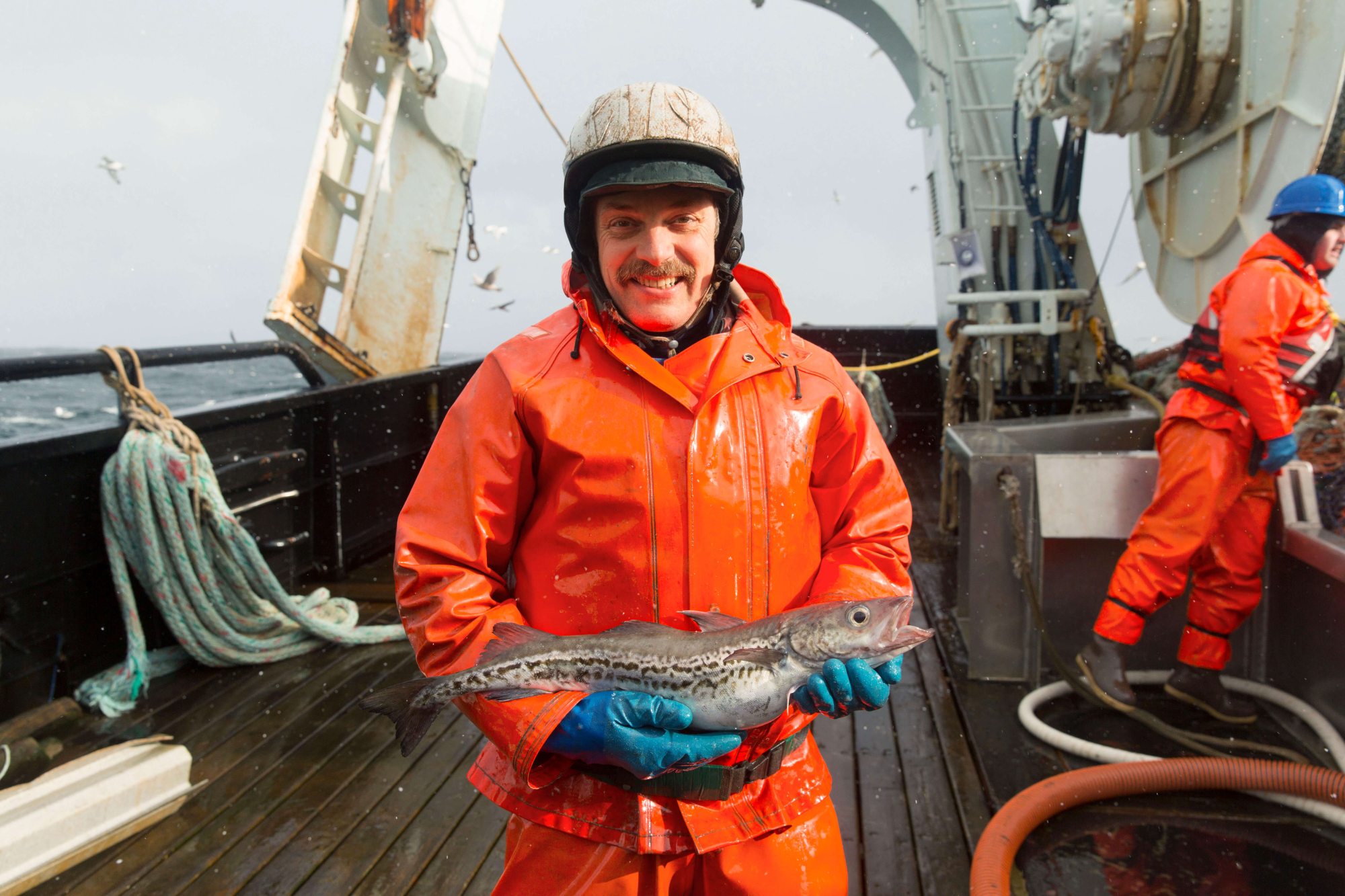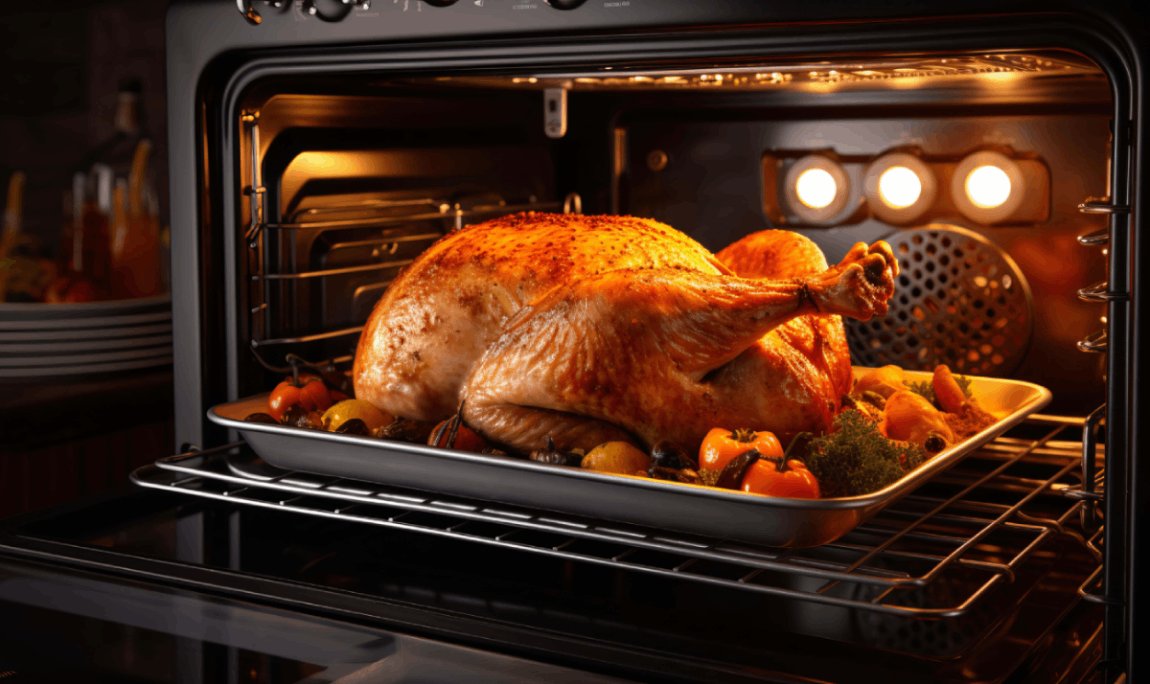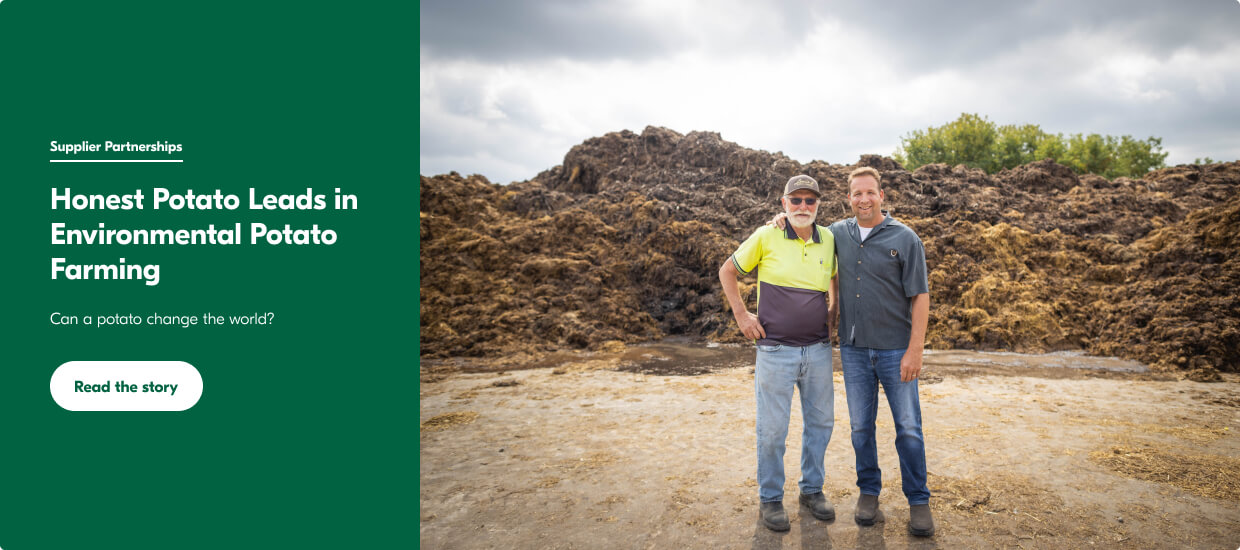Ocean Wise is a non-profit conservation program that helps people identify sustainable seafood. Initiated in 1951, it’s now a global environmental charity addressing overfishing, ocean pollution, and climate change. The program connects with 575 partners in more than 3,000 locations across Canada – including restaurants, suppliers, retailers, distributors, and culinary schools – to help people make sound choices when it comes to eating sustainably sourced fish.
Today, more than 3 million people rely on seafood as a regular source of protein, a simple alternative to other proteins. The average Canadian eats fish about once or twice a week. Ocean Wise seafood can be found in Sobeys, Safeway, and Thrifty Foods stores across Canada.
What is the Ocean Wise seafood program?
To combat overfishing worldwide, Ocean Wise helps consumers and businesses support healthy oceans. A team of scientists and food specialists work with international fisheries and experts to ensure Ocean Wise’s recommendations are determined based on the most thorough and up-to-date information possible.
What does it mean to be Ocean Wise certified?
When you see the Ocean Wise symbol on a certified seafood item, you know that this particular option has been designated as a good choice when it comes to the health of our oceans, a sustainable surety – ocean friendliness!
What does sustainably sourced fish mean?
Sustainable seafood has been caught or farmed in a way that safeguards the long-term stability of that particular fish species and the marine ecosystem in general. This helps keep the whole network in balance, something most fishmongers and restaurants wholeheartedly favour. For example, several sushi restaurants now use 100% sustainable sushi, opting to use wild salmon and sablefish instead of eel and albacore tuna instead of bluefin.
What are the Ocean Wise standards?
The recommendations Ocean Wise makes are based on four categories. The fish species needs to be:
- Abundant – the most important guideline of all
- Monitored – so that there is a comprehensive plan in place based on up-to-date research should the species veer toward endangerment.
- Caught in a way that limits the “bycatch” of other fish that wasn’t the intended catch
- Caught or raised in a way that doesn’t damage the marine habitat
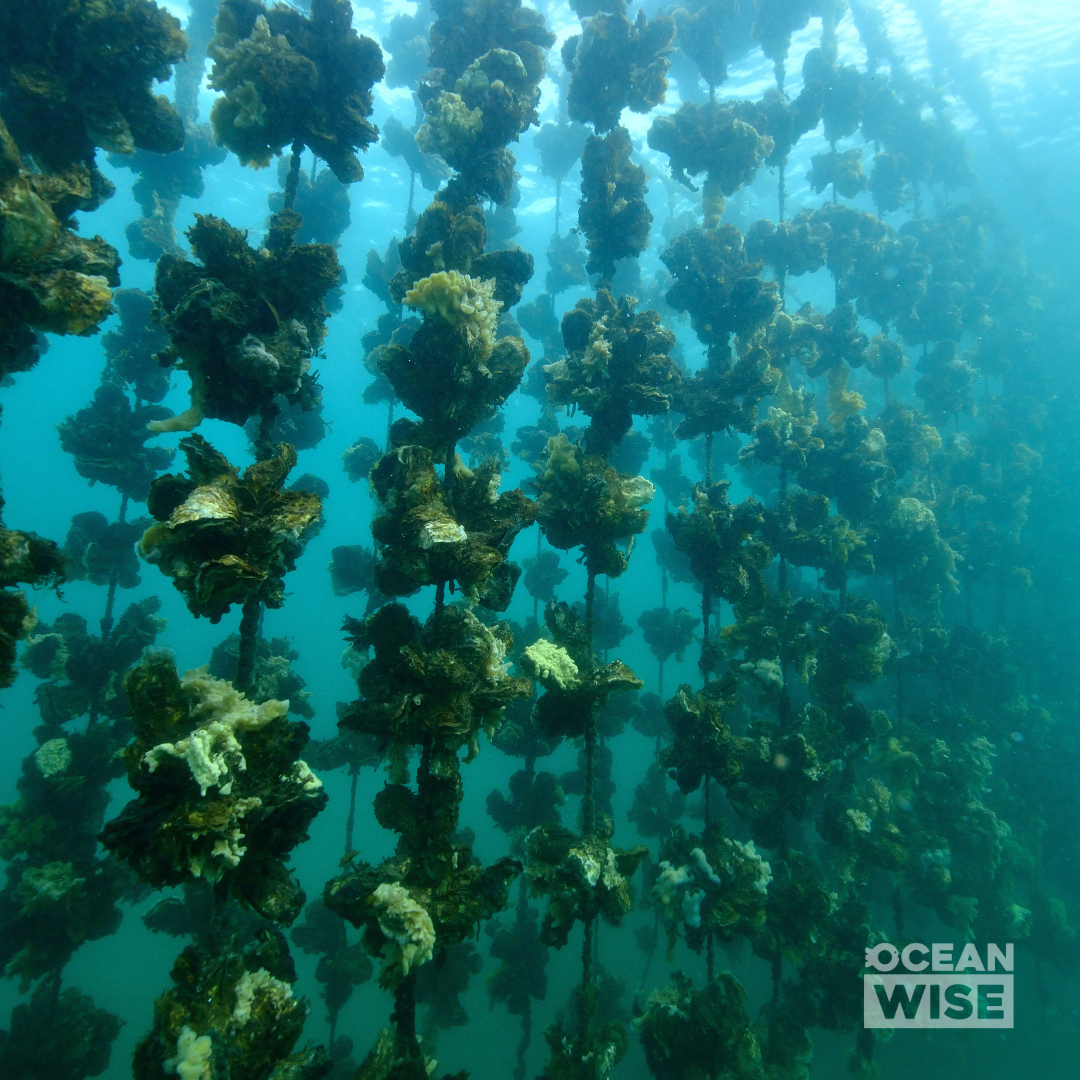
What is aquaculture?
Including the production of fish, crustaceans, mollusks, and aquatic plants, aquaculture is the farming of aquatic organisms, wherein the process involves feeding and protecting the stock. Today, about 50% of our seafood comes from farms.
What is the sustainable difference between farmed vs. wild seafood?
Farmed shellfish and seafood raised in land-based, closed systems have next to no impact on the environment, making them excellent sustainable choices. That said, some farming aquaculture techniques use open-net pens that may negatively impact the environment. While wild seafood may be more flavourful, procuring it for your dinner table may have caused damage to the environment. Wild capture fisheries catch more than 180 million tons of fish every year.
Working toward best practices
Ocean Wise is linked directly with Canadian fishers to develop and promote best practices so that everyone strives to reach their sustainability goals. Together, the industry can find solutions when faced with recent unsustainability, producing results that help keep our oceans healthy. This can mean helping fishers to switch gears if they need to in order to increase the number of Ocean Wise-recommended options they are able to offer.
Your choices matter
Because the demand influences the market, your buying power is strong. When you support sustainable fishing by looking for the Ocean Wise symbol, you are saying that this is important to you, furthering the cause of ocean-friendliness. Keep at it! Doing your part to ensure the health of the ocean is something future generations of Canadians will truly be thankful for
